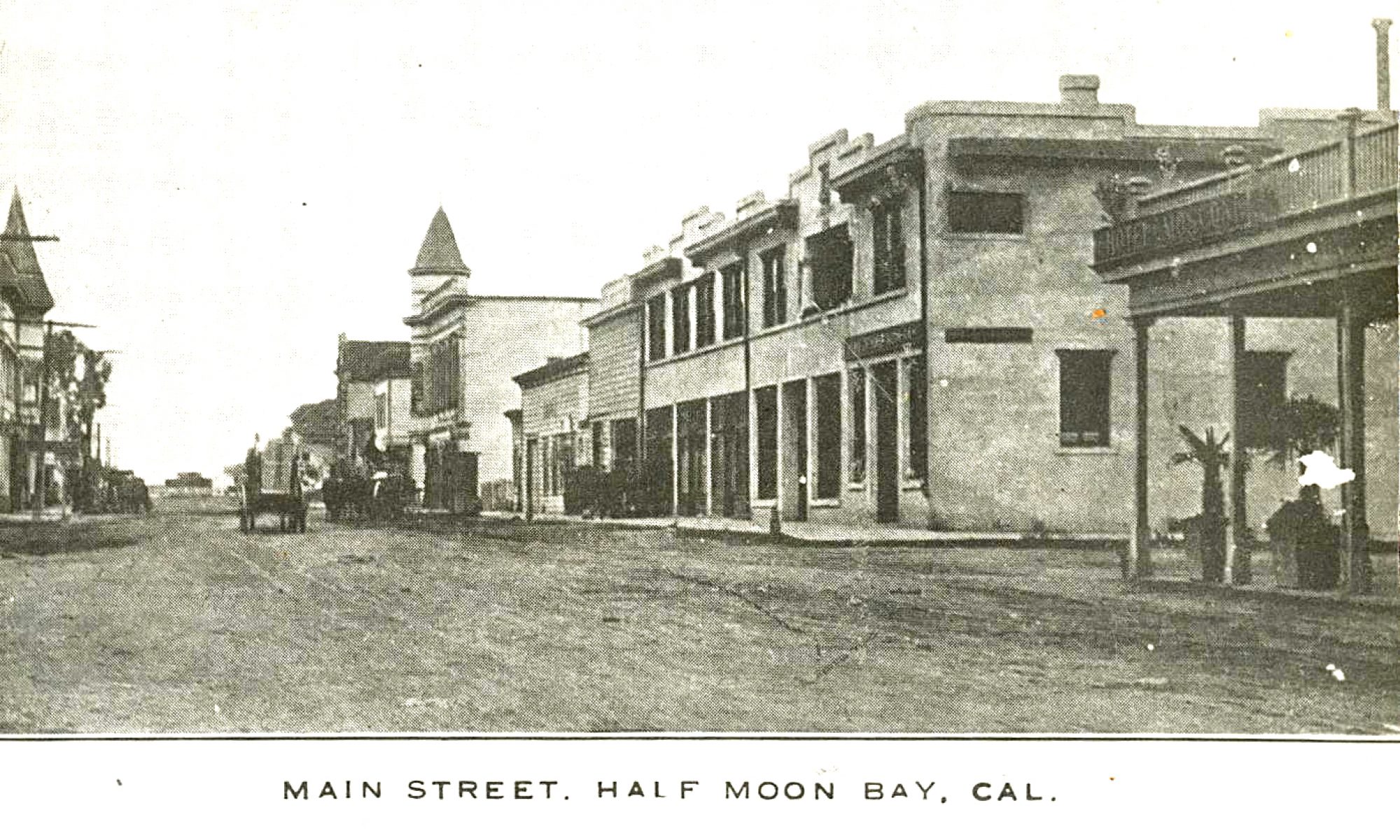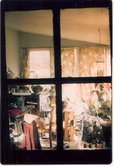Real Estate
Story by Michaele Benedict
The Purisima board game we invented was probably a reaction to the landlord shuffle. When we first saw it, the modest little frame house on Purisima Creek Road had a sign saying “Maggie’s Farm” over the front door.
Of course, we all knew the Bob Dylan song of the same name. “I ain’t gonna work on Maggie’s farm no more.”
“Well, I try my best
To be just like I am
But everybody wants you
To be just like them.”
We had jobs. The children went to school. Apart from this, the three families who lived at the farm on Purisima Creek Road were trying our best to be just like we were. We weren’t really farmers, but we pretended we were, with our gardens, overalls, compost bins. We invented our own fun, lacking anything ready-made. We wrote poetry, played the piano, painted pictures.
Before we moved to Purisima Canyon and while we still had television and could watch Star Trek, we had invented a three-dimensional chess game (trying to duplicate the one on the TV show) which was so complicated that nobody could play it. We were used to entertaining ourselves.
The woods at the end of the road, now the 3,361-acre Purisima Creek Redwoods Open Space Preserve, was still wild and there were no houses about. We loved to walk to the end of the road and back, passing by the part of Purisima Creek where the bachelor flock of mallards hung out. We would quack back at the ducks, collect miner’s lettuce, admire the wild roses.
We rehearsed choral numbers together, shared produce, planted a garden, kept a joint journal about the motley flock of chickens. We made plum jam, plum wine, plum leather. The kids played gopher golf with a set of clubs they found at the dump (one day an archeologist may wonder why there are so many golf balls a foot or more beneath the earth surface.)
We cheerfully waded through the mud to get to the chicken coop and each other’s houses. We parked our rubber boots at the front door.
After we ran out of buckets and house plants to put under the leaks, we put a new roof on the house. When the tap water stopped, the fellows would hike up to the spring to clean out the leaves.
At first, we paid our modest rent checks to a bank, since the farm was in probate.
Then the Evil Landlord bought the 350 acres with its tumble-down shacks, barns, and pens and immediately raised the rent. He appointed a deputy who told us to remove our stored items from what had been a millhouse and informed us that we would have to move pretty soon.
Work began on converting all the farm buildings into rental units. We laughed about it until we realized that we were ourselves standing between the Evil Landlord and a neat profit which he planned to realize from preserving the rooflines of derelict buildings and making them into houses.
“Why do they call it real estate when it’s so unreal?” I asked a friend.
“It’s a feudal concept,” he said. “It means ‘royal’ estate, from the days when all land was considered the property of the king.”
We invented a board game called Purisima, based, of course, on Monopoly. We drew and painted a kind of loop which included the next canyon over, and we played with a huge wad of toy money and a pair of dice. When we moved from Purisima Creek Road, we gave the game to somebody who would be staying there. Playing the game, we had the illusion of control over make-believe real estate. We shrewdly parlayed our fake money into pretend real properties, hoping to accumulate homes, farms, and lots of animals.
About the only thing I remember about the game is that it had, in addition to Christmas tree fields, meadows, houses, coops and sheds, a plastic rooster which allowed a player to collect more rent. A neighbor called R. Gaines had a plastic rooster in his front yard, much admired by our family. The few houses which were on the road in 1972 were all represented on the Purisima board: There was Bud’s place, Stan’s place, Nancy’s place. Instead of going to Jail, if you lost all your Purisima money and your house, you could go to the Hippie Commune.
It is, of course, very different out at the canyon now. There is the beautiful Open Space Preserve. There is the Elkus Ranch, donated by the Elkus family to the University of California in 1975 and now used as an environmental education center. There are lots of big houses and mown meadows. The buildings near where we used to live are all freshly painted. The present owner has a gated entrance, but she has replaced the mossy old grapestake fence with new weathered grapestake and has extended it all around the fields near the barn, which I think was tasteful.
We all grew up to have our own real estate, all with sound roofs on the houses. Many of us are still in touch with each other. I wrote some of the others and asked if they remembered the Purisima Game, but nobody else recalled it.
—–
Michaele Benedict’s most recent book is called Searching for Anna

